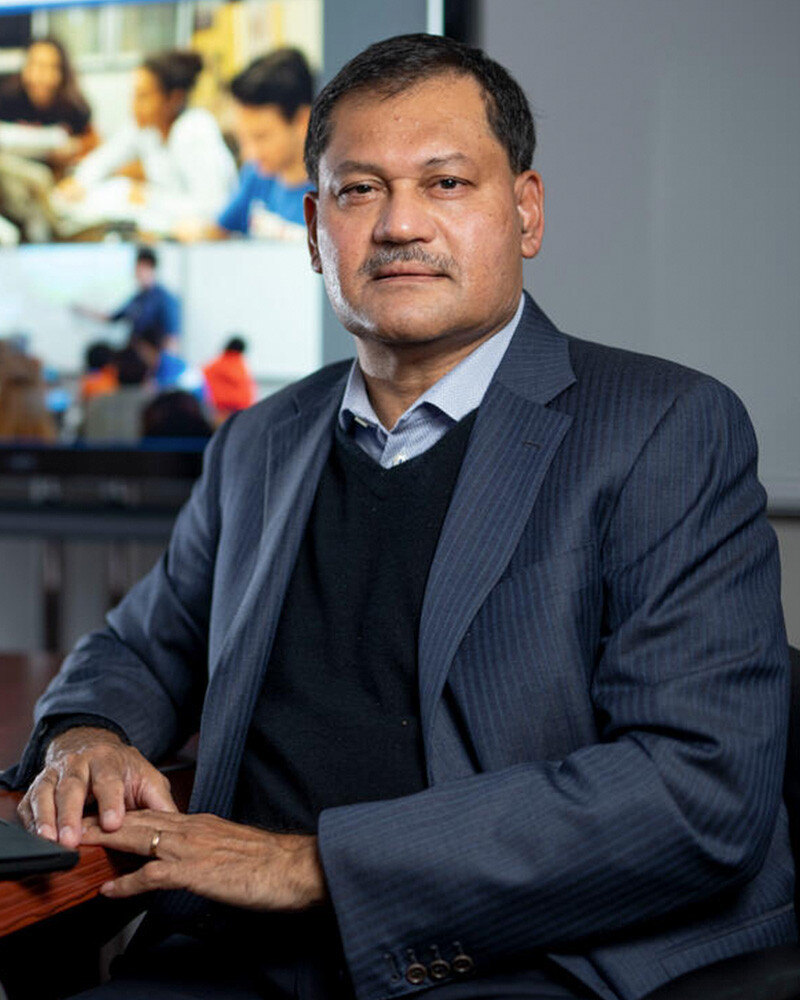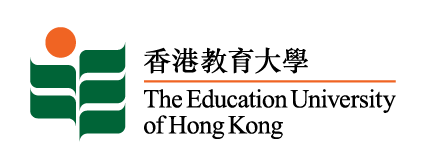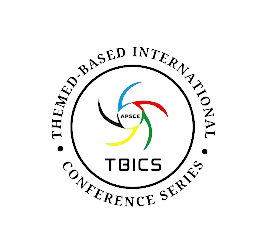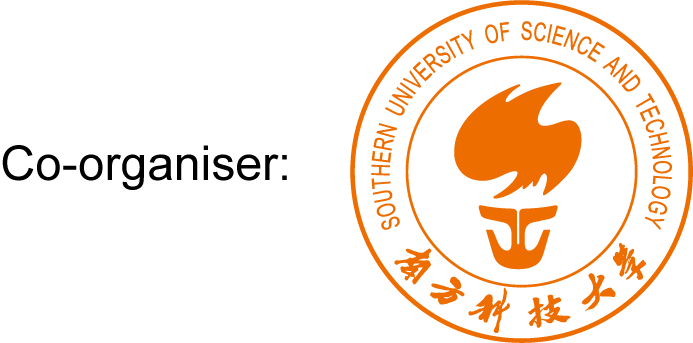Programme
For comprehensive presentation schedule (tentative) with Paper ID, please download (as of 20250611).
Workshop
"AI and Data Modeling in Open-Ended STEM Learning Environments"
Date & Time: 14:30–16:00, June 19 (Thursday), 2025
 Prof. Gautam Biswas
Prof. Gautam Biswas
Cornelius Vanderbilt Professor of Engineering
Professor of Computer Science
Vanderbilt University, United States
Summary
A new focus in AI education is on Open-Ended Learning Environments (OELEs), which allow learners to practice problem-solving in real-world contexts using tools that foster engaged, ex-ploratory learning. In this workshop, we will present examples of OELEs developed for STEM education, specifically discussing SPICE (Science Projects Integrating Computation and Engi-neering), a middle school STEM curriculum integrating science, engineering, and computational thinking. SPICE presents a water runoff curriculum, where students create models of various ground surfaces to simulate runoff or flooding after heavy rainfall. Understanding that runoff var-ies by surface materials, students tackle an engineering design challenge: redesigning their school playground to meet cost, functionality, and accessibility constraints. Generating an “opti-mal design” requires analyzing trade-offs between cost, absorption, and accessibility.
The workshop will explore how AI and data modeling techniques can support open-ended STEM learning by providing real-time, personalized feedback and uncovering patterns in student think-ing. I will demonstrate how Large Language Models (LLMs) can grade and provide personalized feedback on students' open-ended formative assessment tasks. Additionally, I will share exam-ples of how data modeling techniques can analyze students’ computational model-building strat-egies, engineering design behaviors, and learning progression over time.
Participants will engage in the following hands-on activities during the session:
- Explore the SPICE environment: Experience the block-based computational modeling and engineering design interface utilized by middle school students to address real-world problems.
- Demo of AI-powered teacher tools: Discover how AI-driven analytics offer teachers actionable insights into students’ responses and learning progress.
- Real-time LLM-based grading: Submit formative assessment responses and observe instant grading along with personalized feedback generated by LLM.
- Interact with an AI feedback agent: Engage directly with an AI conversational agent to comprehend the provided feedback and bridge knowledge gaps.
By the end of the session, participants will gain concrete ideas for integrating AI tools and data analysis techniques into their STEM classrooms to enhance computational thinking and learning instruction.
Speaker's Bio
Gautam Biswas is a Cornelius Vanderbilt Professor of Engineering and Professor of Computer Science and Engineering in the CS Department, as well as a Senior Research Scientist at the Institute for Software Integrated Systems at Vanderbilt University. He conducts research in intelligent systems with primary interests in modeling and simulation, analysis of complex embedded systems, data mining, and Open-Ended Learning Environments (OELEs) for STEM disciplines. His notable projects include Teachable Agents and learning environments that promote synergistic learning of Computational Thinking and STEM concepts and practices. He has also developed innovative data mining techniques for studying students' learning behaviors and linking them to metacognitive strategies. More recently, as part of an NSF AI Institute, ENGAGE AI, and an IES STEM Education Center, GENIUS, he has developed tools for multimodal data collection and analyses in classroom environments. He is now developing conversational chatbots to support student learning. Prof. Biswas is a Life Fellow of the IEEE, Asia Pacific Society for Computers in Education (APSCE), and the Prognostics and Health Management Society.







